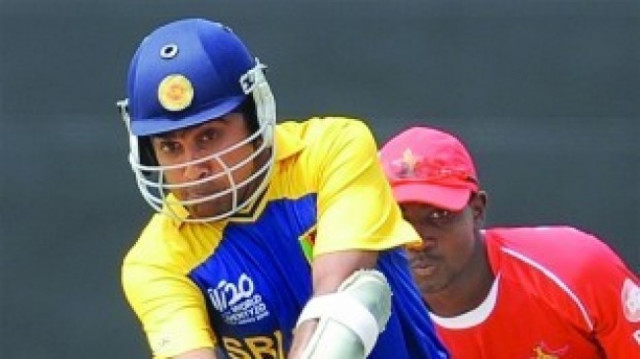Lab ‘inaugurated’ 30 days before completion

Lab ‘inaugurated’ 30 days before completion
You have to strike when the iron’s hot, or as in their case, when the bureaucrat’s in town. On Monday, the chairman of the country’s Higher Education Commission (HEC) Dr Javed R Leghari cut the ribbon for three incomplete projets at LUMHS. “Since the building was complete and the remaining two departments had started working, we arranged the ceremony,” media coordinator LUMHS Dr Saroop told The Express Tribune.
The three new units include a water testing lab, quality enhancement cell and a medical education department. The water testing lab is still without equipment and the administration is hopeful that it will arrive in the next 30 days. The equipment for the water testing laboratory are still in the process of being purchased and it should be functional within a month, Dr Saroop said, adding that work on these projects has been underway for the past one and a half years.
LUMHS Vice Chancellor Dr Naushad A Sheikh told the Express News that the equipment has been delayed because of a tender. The university has filed for a tender and the laboratory will start working as soon as they obtain it, he said. Dr Saroop explained that the water testing laboratory will obtain equipment for a mobile lab, which can go to remote areas of Sindh, collect water samples and test them on the spot.
Students and lab employees will set up camps all over Sindh to collect water samples. They will check the quality of water in different areas and determine if it is fit for consumption, the vicechancellor said, adding that they will also teach the locals how to purify water. A new block has been built for the medical education department whose purpose is to train teachers to educate students.
The quality enhancement cell is a requirement of the HEC. The purpose of this cell is to evaluate the teaching style and performance of the university and make sure that it stays up to the mark, said Dr Saroop. HEC’s Dr Leghari said that the education sector in Pakistan has suffered from the global recession and the HEC funds have dropped to Rs18.5 billion against the previous allocation of Rs22.5 billion.
Universities in Pakistan need 17,000 PhDs for their faculty but only 1,000 students complete their doctorate every year, said Dr Leghari, adding that it is necessary that teachers are funded to go abroad for their doctorates. Two projects for women universities in Sukkur and Multan are also in the pipeline, he said.
WITH ADDITIONAL REPORTING BY HIRA SIDDIQUI



















COMMENTS
Comments are moderated and generally will be posted if they are on-topic and not abusive.
For more information, please see our Comments FAQ